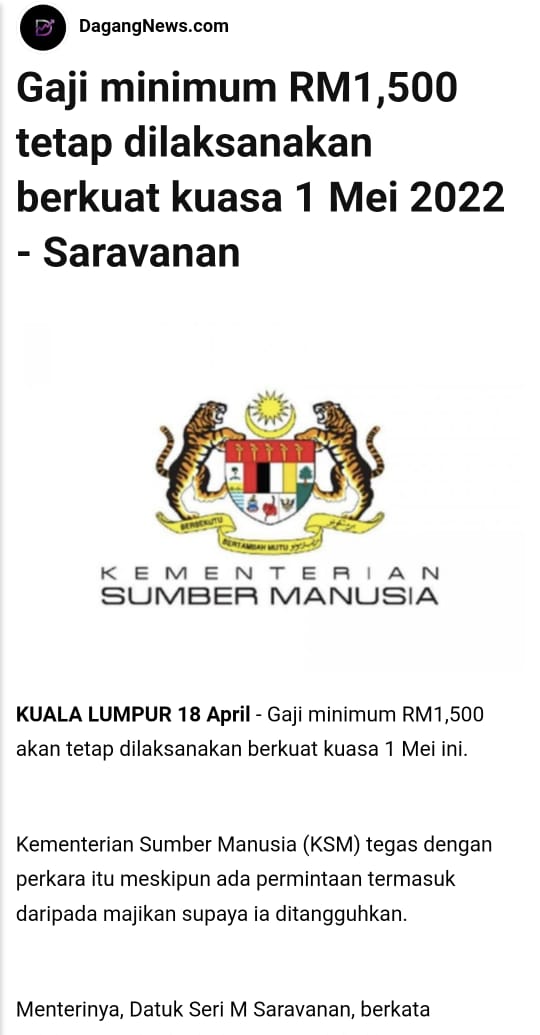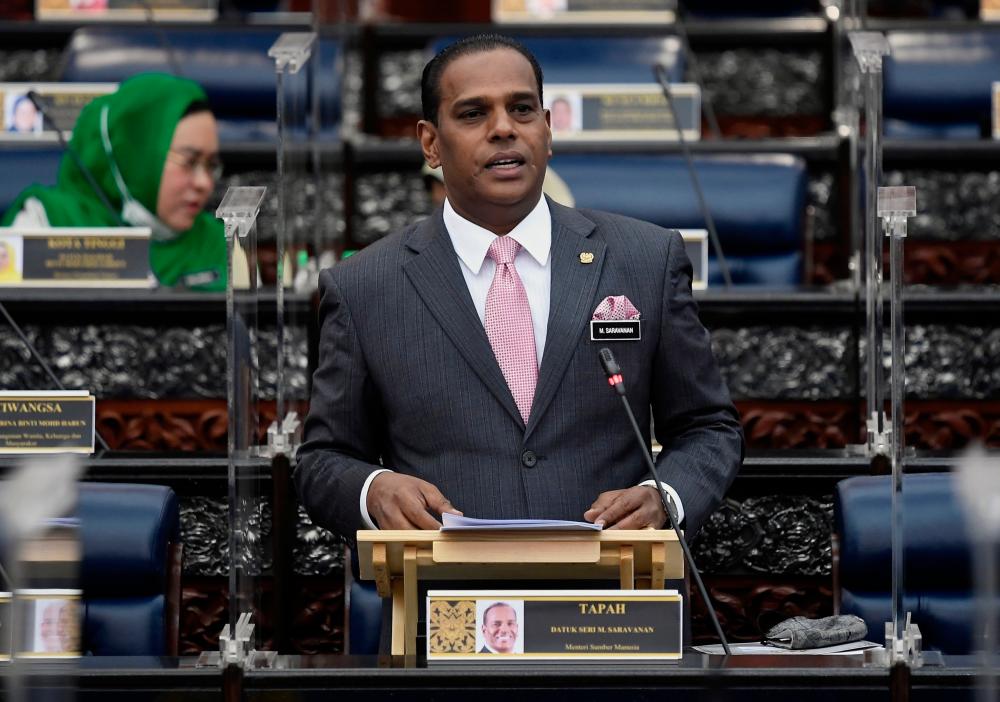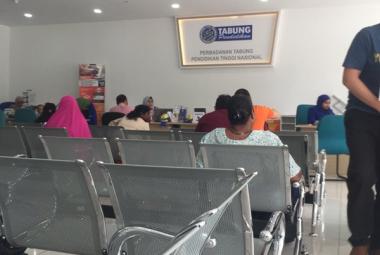TRULY good leaders practise what they preach. All it needs is a commitment to fairness and inclusive leadership.
Hatts off to the Minister of Human Resources Datuk Seri M.Saravanan for a great job done.
Despite calls from certain industry players for a gradual increase in salary implementation, the minister has succeeded in implementing minimum wage.
Saravanan has the strategic management skill to provide the right vision and strategic direction to the ministry so that their policies and plans could be well-executed and on time.
The implementation of a minimum wage of RM1,500 effective May 1, a significant 25 percent increase which has come in the midst of soaring cost of living is a relief for many struggling Malaysians.
This will benefit 27 percent of the workforce, that’s 4.2 million workers.
To sustain an assured standard of living, Malaysians need to have a stable income that, at least, could provide them with enough money to cover their essential expenses like accommodation, health services and public transportation.
This has come as a relief to the rakyat now, especially low and middle-income living in cities feeling the pinch due to increases in food, housing, education, and healthcare.
The Minimum Wages Order 2022 (MWO 2022) was subsequently gazetted on 27 April 2022, implementing the new minimum wage effective from 1 May 2022.

The decision to increase the national minimum wage has drawn significant attention from employers from a variety of sectors, with some lauding the decision and some others disagreeing.
However, employers who are unable to cope with the increase in minimum wage may find themselves turning to workforce reduction methods to keep their businesses to stay afloat.
Regardless of how we look at it, RM1, 500 seems to be the right amount and there should be no room for disputes.
Up to one-third of the Malaysian workforce would benefit from the new minimum wage, which would play an important role in addressing labour market inefficiencies and improving the social welfare of low-paid workers.
The imposition of the new minimum wage effectively means that employers would need to pay employees at least RM7.21 per hour, or RM69.23 in daily wages (for a standard five-day work week).
It should be noted that the new minimum wage is strictly for basic wages and would not include any allowances and overtime or any benefits.
Based on data, the current monthly minimum wage of RM1,200 or USD$287 is one of the lowest in Southeast Asia. Thailand has USD$414, whereas Indonesia is USD$326.
If Malaysia wants to be a high-income country within 10 years, reforms are required to successfully join the ranks of other leading and developed economies.

When employers raise the wage, they improve the quality of life of workers, which in the long run will raise productivity as workers can spend on education or health products.
Nevertheless, raising the minimum wage for workers now could be tricky as it could rise the cost of living.
Well, by improving the minimum wage, ordinary Malaysians gain several benefits, including an improved standard of living and improved productivity.
By increasing wages, you help both the employee and the employer.
The employee can maintain a more comfortable lifestyle while the employer gets happier, more productive workers and doesn’t have to waste money on hiring and training new workers. - DagangNews.com










